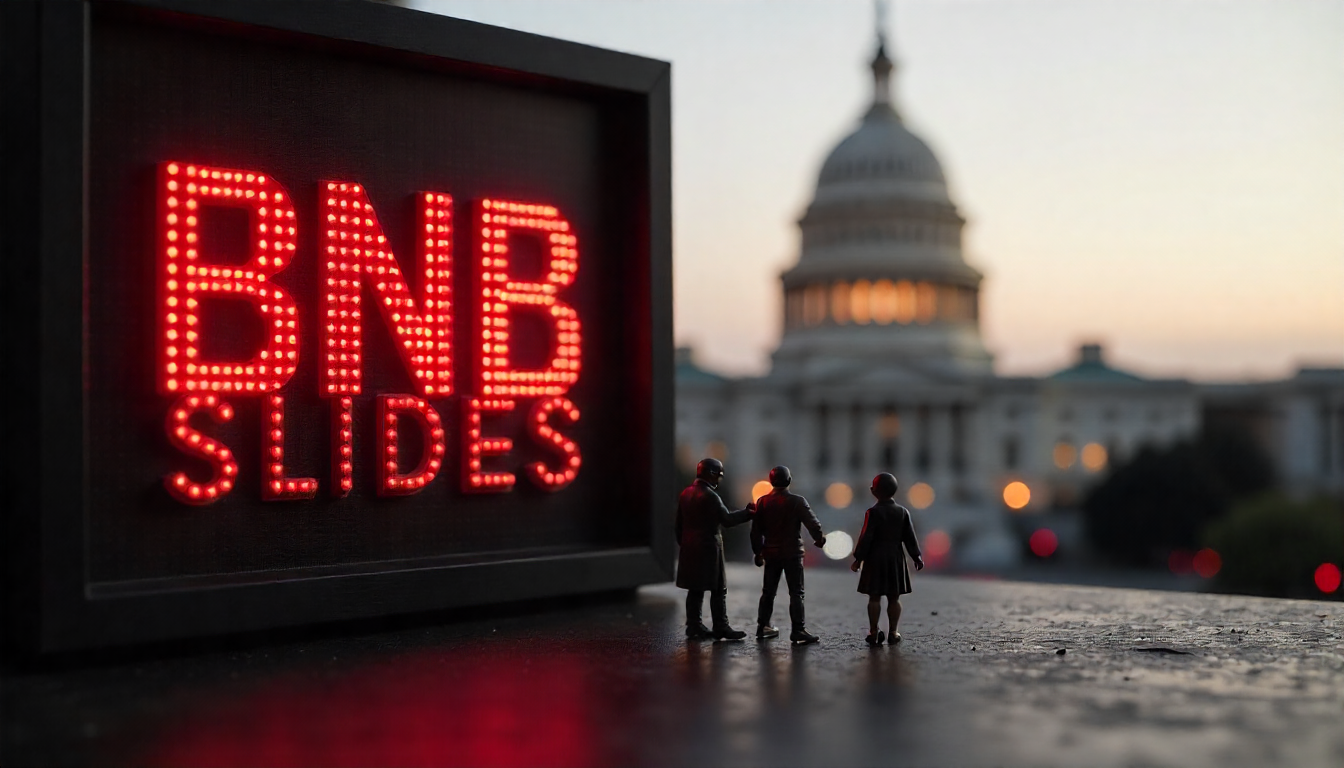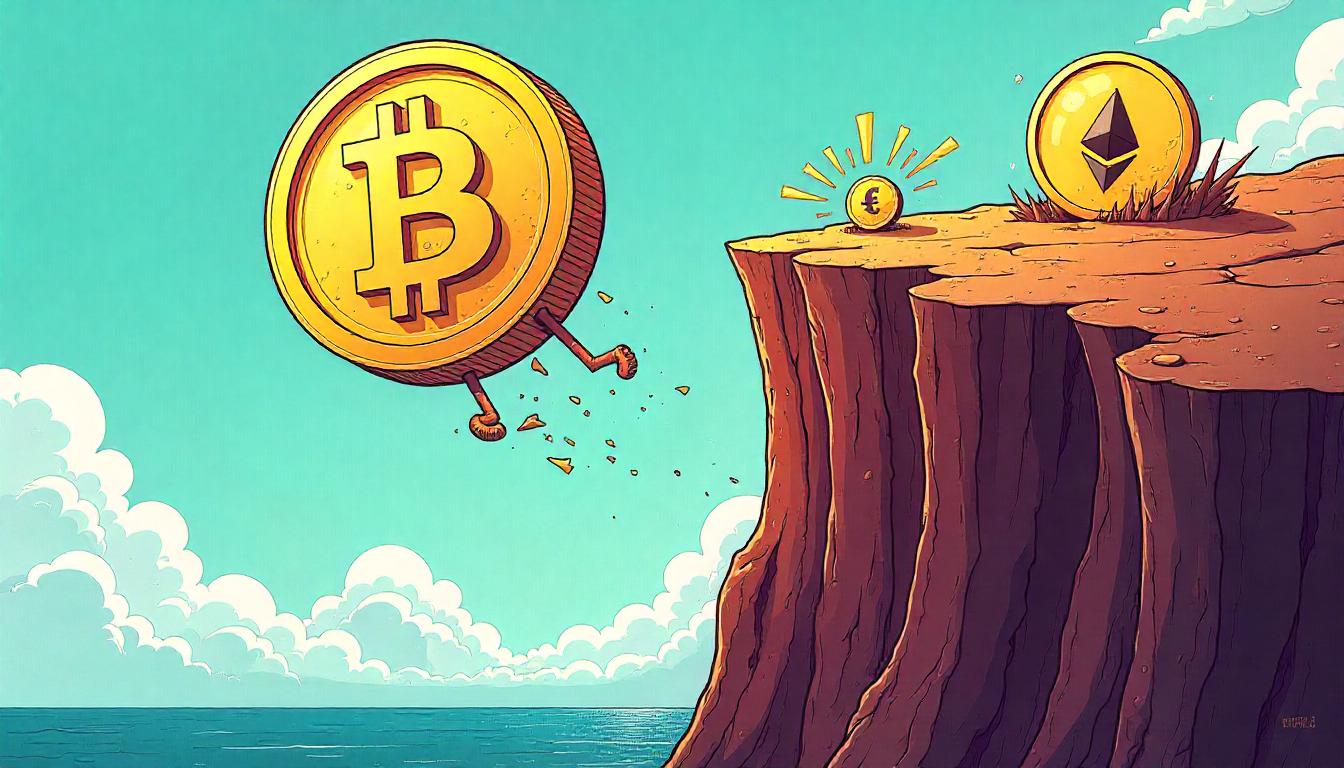BNB Retreats Below $770 as Macro Headwinds Weigh, But Institutional Demand Builds
BNB slid over 4.5% to $766 on Thursday, pressured by renewed macroeconomic uncertainty and shifting expectations around U.S. monetary policy. The decline follows a sharp rejection near $805, with heavy sell volume accelerating the move lower through key technical levels.
According to CoinDesk Research, volume surged more than 56% above average as BNB dropped past $789 and $777, underscoring the strength of selling pressure. The token briefly stabilized at $767 before a modest bounce stalled near $769, suggesting limited near-term momentum.
Wider market sentiment turned risk-off as the U.S. dollar index pushed above 100 for the first time since May, buoyed by sticky inflation and escalating trade tensions. The core PCE index rose 2.8% year-over-year in June, reducing the likelihood of a near-term rate cut by the Federal Reserve. Meanwhile, the first tranche of new tariffs under President Donald Trump’s latest trade strategy took effect, adding to investor caution.
BNB’s pullback tracked broader market weakness, with the CoinDesk 20 Index (CD20) down 5.8% over the same period.
Despite near-term volatility, institutional interest in BNB is accelerating. CEA Industries (VAPE), backed by Binance co-founder CZ’s family office Yzi Labs, announced plans to raise up to $1.2 billion to establish a major BNB treasury position.
Other firms are following suit. Liminatus Pharma (LIMN) has launched a $500 million BNB-focused investment arm, Windtree Therapeutics (WINT) is targeting $700 million in BNB holdings, and Nano Labs recently acquired 128,000 BNB to diversify its on-chain reserves.
While macro conditions present short-term challenges, the continued accumulation by corporate treasuries points to a growing institutional thesis for BNB as a strategic digital asset.





